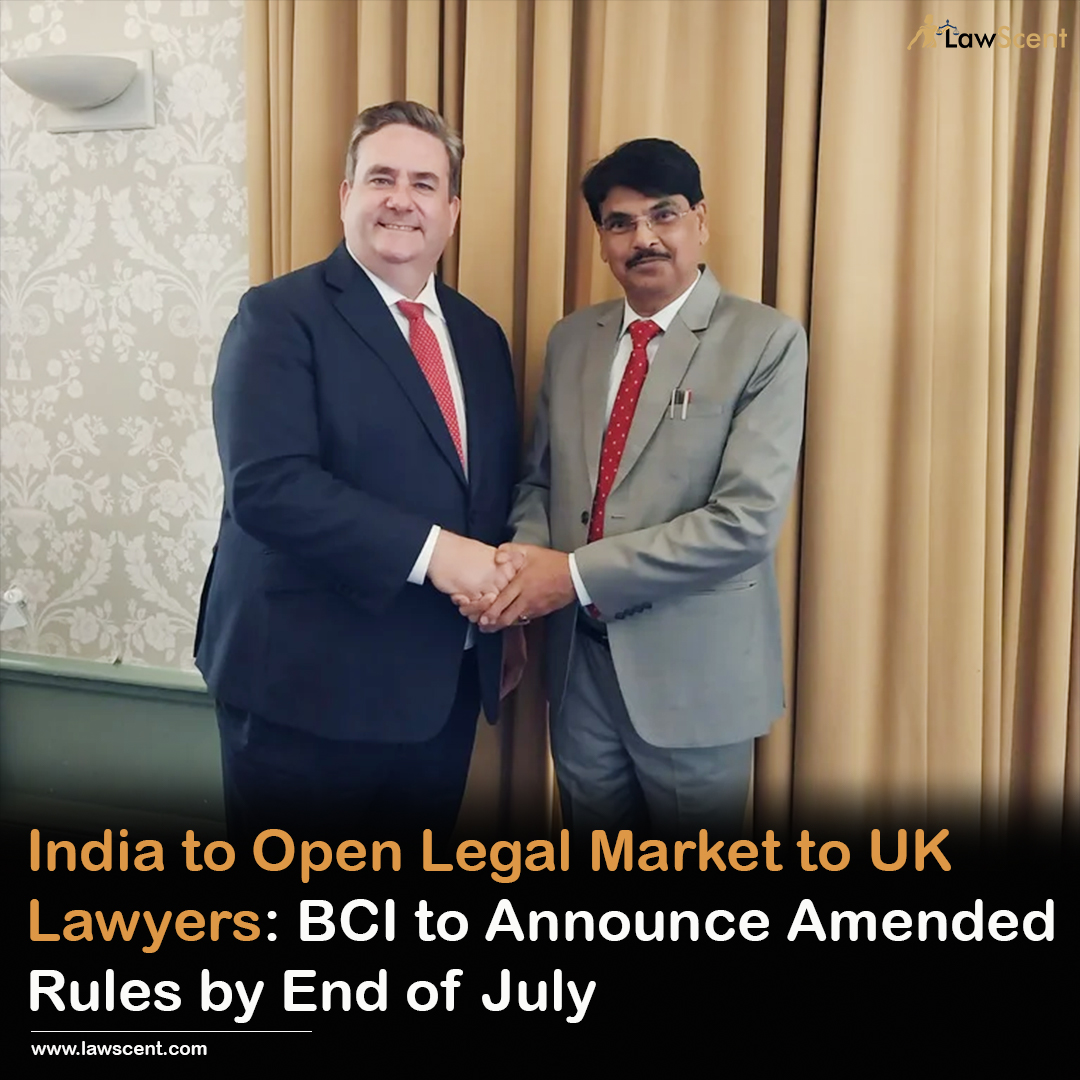
The Madras High Court recently addressed the issue of lawyers advertising their services online, emphasizing that the legal profession should not be treated as a business. The court was hearing a plea against websites like Quikr, Sulekha, and Justdial, which offer “online lawyer services.” The court directed the Bar Council of India (BCI) to create guidelines for state bar councils to take disciplinary actions against advocates who advertise or solicit work, whether directly or indirectly.
A bench comprising Justices SM Subramaniam and C Kumarappan also instructed the BCI to file complaints against online service providers or intermediaries that violate Rule 36 of the Bar Council of India Rules. This rule strictly prohibits touting and soliciting work through advertisements, messages, or any form of marketing. The court expressed concern over some legal professionals adopting a business model, emphasizing that legal services are fundamentally a service to society, not a business driven by profit.
The court underscored that while lawyers are paid a service fee, it is in respect for their time and knowledge, not as a commercial transaction. The BCI was directed to remove any advertisements that have already been published by lawyers through these online service providers and to advise these intermediaries not to publish such advertisements in the future.
The court criticized the trend of “branding culture” among lawyers, stating that it is harmful to society. According to the court, ranking or providing customer ratings to lawyers is not appropriate and undermines the dignity and integrity of the profession. The court highlighted that professional dignity and integrity should never be compromised, especially in the legal profession.
The plea was filed by PN Vignesh, who sought action against websites that provide online lawyer services. He argued that these websites not only list the names and numbers of lawyers but also offer a system where users looking for legal assistance are given a PIN to connect with listed lawyers. Additionally, these websites have a grading system that categorizes lawyers under titles such as “Platinum,” “Premium,” and “Top Service Provider.”
The counsel for these websites contended that they were merely providing online directory services and not soliciting work for lawyers. They argued that directory services are not prohibited under the Advocates Act. However, the court noted that these websites give ratings without any basis and appear to be selling legal services of lawyers for a fixed price, which contravenes the Bar Council of India Rules.
The court elaborated on why lawyers are not permitted to advertise their services. It explained that a lawyer stands for truth and justice, and thus, the profession cannot be treated as a business. Advertising or solicitation would diminish the integrity of the profession. The court asserted that marketing of lawyers undermines the nobility and integrity of the profession. The justice delivery process is strongly based on the Constitution, and lawyers, as upholders of law, cannot treat the profession as a business. It would be contradictory for a lawyer who fights for justice to do so with a profit motive.
Furthermore, the court opined that self-branding by lawyers and promotion through advertisements would negatively impact the profession. The legal profession should not be viewed superficially. While some may argue that a business model could help meet the growing demand for professional services, the court did not agree with this view. The court acknowledged that the tools used in the profession could be updated or changed based on evolving circumstances, such as the shift from physical hearings to virtual hearings during the COVID-19 lockdown. However, the spirit and character, which form the fundamental structure of the profession, should never be altered.
In conclusion, the Madras High Court’s ruling reinforces the principle that the legal profession is a noble service, not a commercial enterprise. The court’s directives aim to preserve the integrity and dignity of the profession by preventing advertising and solicitation by lawyers. This decision upholds the traditional values of the legal profession while recognizing the need for adaptation to changing circumstances without compromising its core principles.


 Cart is empty
Cart is empty 







